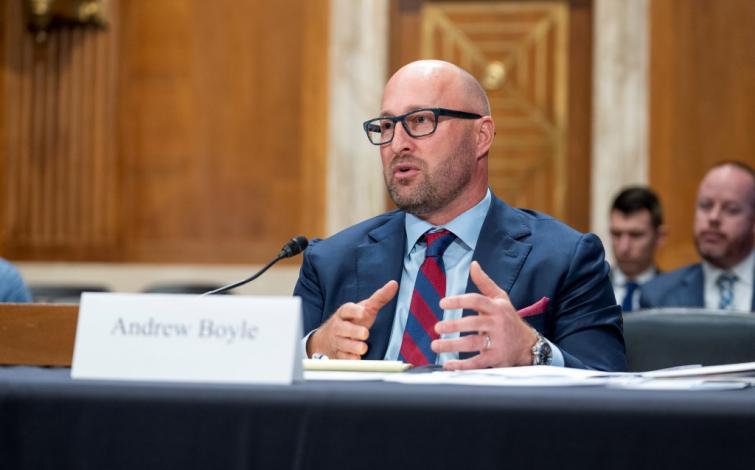Should the Federal Government step in and upgrade electrical grids for Businesses that want to purchase electric vehicles if Towns won't?


You can install our site as a web app on your iOS device by utilizing the Add to Home Screen feature in Safari. Please see this thread for more details on this.
Note: This feature may not be available in some browsers.

Quite slanted article, drops in the term “clean diesel” which has been debunked after VW gate. With the grid, the main thing is that it has to support the peak load, usually early evening. So if you can charge at night, actually improves costs by increasing grid utilization. Bigger problem is increasing use of air conditioners which tend to run in afternoon and early evening during peak but nobody says we should outlaw them.Should the Federal Government step in and upgrade electrical grids for Businesses that want to purchase electric vehicles if Towns won't?

Cities and towns may certainly have the ability to control development within their boundaries. Installing electric lines and distribution equipment requires permits and may even require zoning changes depending on where the equipment would be located.Towns do not control or decide electric infrastructure.
The federal government should not be spending our money on subsidizing our car choices, period.
Especially since we have our own.Yeah, instead they should spend it subsidizing oil and on wars (to secure that oil).
It's BS, the average electricity use per person population is about 32 kWh/day (not just their use but everything in the city they live in that makes it a city to be livable and productive) if it was the Tesla semi using a full battery of 500 miles, that's the as much as 1000 people and business use . Therefore to make this argument they would have to ban all new construction. it is also strange that these are anecdotal . I searched the web and can find no mention of this. I thought city records were public domain.Probably not. It's the grid provider's "product", they should maintain their own infrastructure.
I'm no expert, but that article seems to have some false information. Wouldn't be surprised if the entire thing is just FUD.
I mean... 30 trucks using more electricity than an entire city? Maybe if they're talking instantaneously and the "city" is really small, but even that sounds like a stretch.
I mean... 30 trucks using more electricity than an entire city? Maybe if they're talking instantaneously and the "city" is really small, but even that sounds like a stretch.
By not saying what truck and the type of business they may only be charging every other day (for local hauling), slow charging at night at <100kw, or charge at megachargers on their route.Sounds like it.
It would be unnecessarily expensive to have 30 EV trucks and fast charge all of them at the same time. Economics would quickly motivate companies to have fewer fast chargers, stagger the charging, and have better utilization of the expensive chargers. Demand charges would be wild


